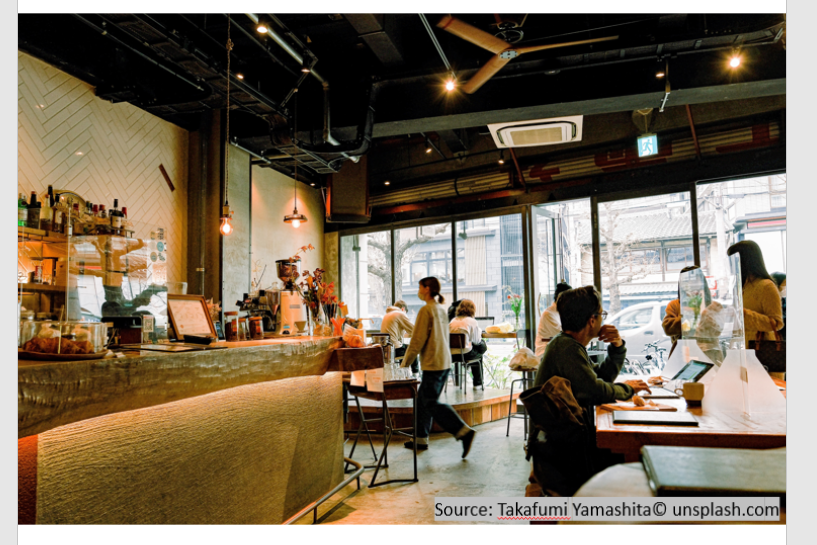
Sustainable, vegan and a zero-waste café in Kyoto, Japan promoting circular systems
| The United Nations (UN) has estimated that globally, the food industry is responsible for 30% of global energy consumption and 22% of the gases that cause global warming. So, what should we be eating to fight climate change from the corners of our homes or restaurant kitchens? Sustainable eating has become healthy eating through eating trends such as veganism and vegetarianism. Healthy eating and a sustainable diet reinforce our commitment to the environment, encourage the consumption of local products, generate less waste, and limit the consumption of meat and fish while protecting biodiversity. However, irresponsible diet remains a challenge; overfishing to meet the demand of an increasing human population and unhealthy diets lacking in vegetables, fruits, and whole grains cause one in five deaths worldwide, according to Greenpeace. Japan, a country of about 126 million people, struggles with food waste that amounts to 6 million tons annually and has just recently begun its path to becoming a sustainable country with a national program to support its hundreds of tourism destinations. Like Europe, they have declared that Japan will achieve zero carbon emissions by 2050. Despite only 2.2% of the population in 2021 considering themselves vegan, over 300 eateries are listed in Japan as vegan. This is encouraged by the 31.2 million visitors to Japan who report that they are either vegan or vegetarian, also contributing to the threefold increase in the sales of vegan products in Japan from 2010 to 2020. Looking out on the famous Kamogawa River in Shichijo-dori Street in Kyoto, Veg Out is modestly attempting to tackle the problem through vegan dishes on its menu. The small café has introduced circular systems to its café processes by turning its food waste, like food scraps and leftovers, into compost using its own electric composting machine. In the back, the café uses the compost to grow plants further used for the café menu. Additionally, supplement vegetables are delivered by local farmers who get compost in return for their crop soil. |